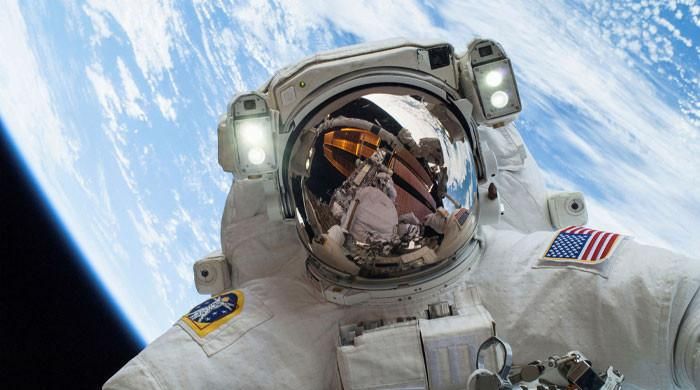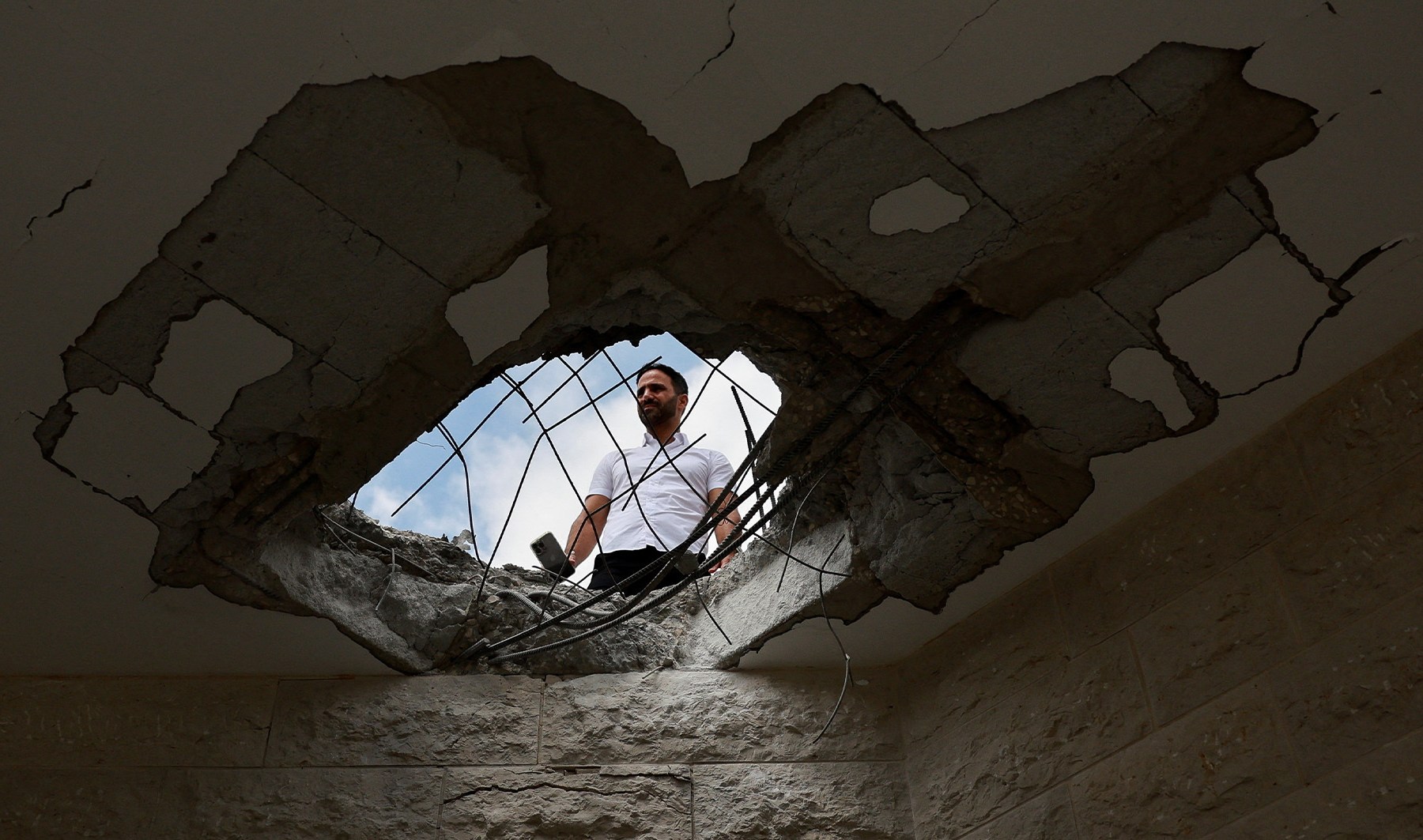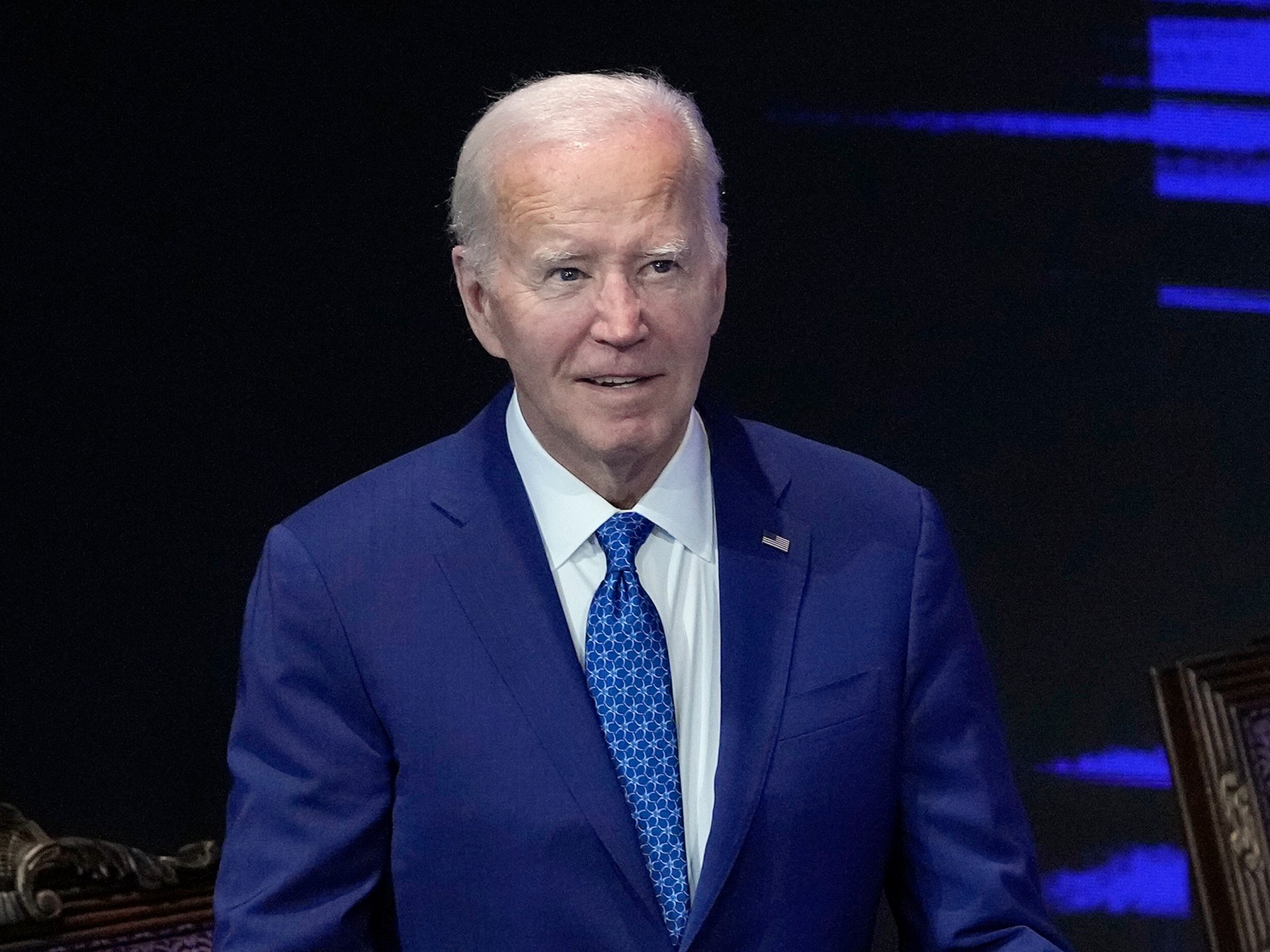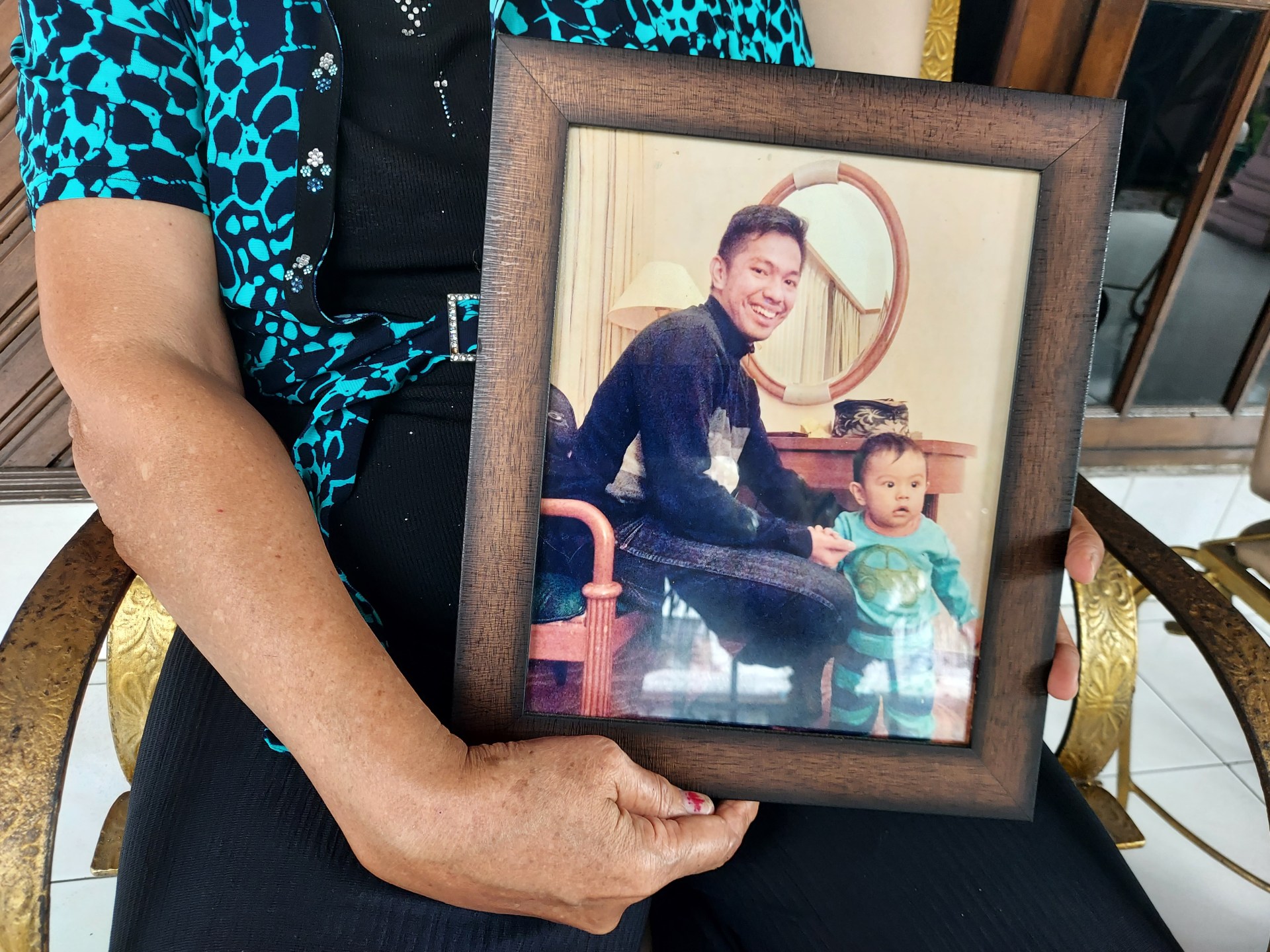In a groundbreaking study, researchers at the Royal Melbourne Institute of Technology (RMIT) in Australia have revealed the reasons why astronauts often find food bland and struggle to meet their nutritional needs while in space.
The findings, published in the International Journal of Food Science and Technology, show that spatial perception can have a major impact on how people smell different aromas and taste different flavours.
Furthermore, the feeling of loneliness on the International Space Station (ISS) can influence astronauts' sense of taste and smell, a study reports.
In this regard, the study involved 54 astronauts and examined their perceptions of the aromas and flavors of common foods such as lemon essential oil, vanilla, and almond extracts modified from a normal environment on Earth to a space environment.
Researchers found that the aroma of vanilla and almond extracts was perceived more intensely in a normal environment, while the aroma of lemon remained unchanged. This was because vanilla and almond extracts contain an organic compound called benzaldehyde.
Dr Julia Low, a co-investigator on the study, said loneliness could also be the reason for the results and highlighted the long-term plan to increase astronauts' nutritional intake.
“A greater sense of loneliness and isolation may also play a role, and this study has implications for how isolated people smell and taste food,” said Dr Julia.
“One of the long-term goals of the research is to develop foods that are better suited to astronauts, as well as to other people in isolated environments, in order to increase their nutritional intake to near 100%,” he added.
“The results of this study could help personalize the diet of people in situations of social isolation, including in nursing homes, and improve their nutritional intake.”
Previously, researchers discovered that astronauts feel the difference due to the lack of gravity in space.
A former RMIT astronaut trainer has discussed the problems astronauts often face while in space.
“What we’re going to see in the future with Artemis missions are much longer missions, years in length, particularly when we go to Mars, so we really need to understand the issues with diet and food and how the crew interacts with their food,” Gail Iles, a former astronaut instructor and co-investigator at RMIT’s School of Science, said in a university statement.












